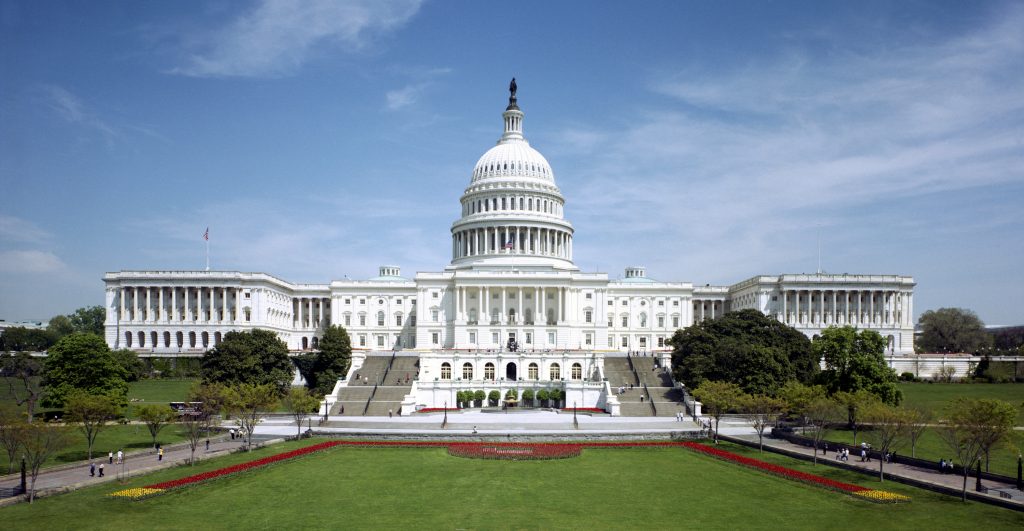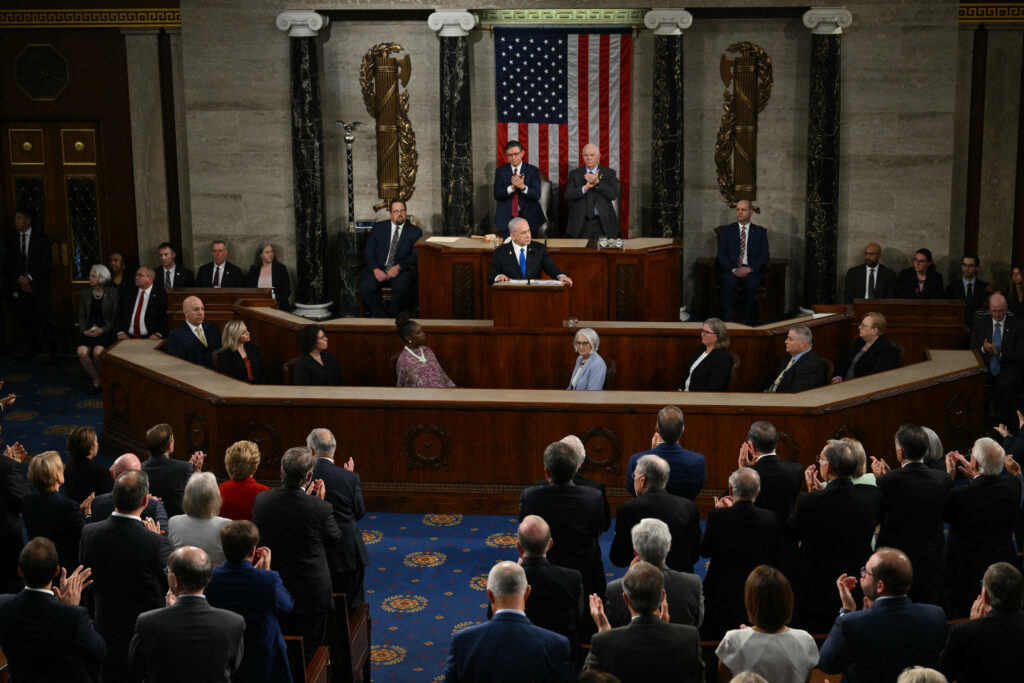Reported US move to close PLO office aimed at pressuring Palestinians
- - September 10, 2018

The United States will announce later today that it will close the office of the Palestine Liberation Organization’s office in Washington, several news outlets reported on Sept 10.
The move will be announced by the National Security Adviser, John Bolton. Mr Bolton will also threaten to impose sanctions against the International Criminal Court if it moves ahead with investigations of the US and Israel, The Middle East Eye reported.
Washington’s reported move to close the Palestine Liberation Organisation’s (PLO) office in Washington is meant to pressure the Palestinians into American-led negotiations, notes MEI’s Research Associate Muneerah Razak. But it could well backfire:
“The White House has been mulling over the closure of the Palestinian Liberation Organisation’s (PLO) office in Washington DC since last November, in a bid to pressure Palestinian leadership to participate in serious peace talks with Israel.
This is in response to Palestinian efforts to raise the issue of Israel’s occupation – settlements and crimes and aggressions against Palestinians – at the International Criminal Court (ICC). They are expected to announce the closure today (Mon).
The PLO has had an office in the US since 1994 and has represented the Palestinian people in peace talks. They are recognized by the international community, including the United Nations. However, the organization was accused of violating a US law requiring the office to close if the Palestinians go to the ICC.
This closure of the PLO office, in light of US recognition of Jerusalem as Israel’s capital, the moving of its embassy from Tel Aviv to Jerusalem, as well as the recent move to cut $65m to the United Nations agency for Palestinian refugees (UNRWA), have clearly shown US’s position in the Israel-Palestine issue. It has increasingly diminished US credibility and its role in the peace process as a neutral mediator. Under the current administration, we have seen the growing relationship of Trump and Netanyahu, which further enables Israel to increase the expansion of settlements as well as consistently refuse a two-state solution. This has also brought up questions about the role and weakness of the interim Palestinian government, Palestinian Authority (PA), in its leadership of the Palestinian people.
These actions taken under Trump’s administration is a way of pressuring the Palestinians into American-led negotiations, which are likely to continue. However, this risks further distrust by the Palestinian people of the US, the PA as well as countries who are silent on the Palestinian issue. On a positive note, with interests of the US clearly defined, these developments could push a rethink of solutions to the issue”.
More in This Series
More in This Series
- Jean-Loup Samaan
- - July 11, 2024
- Aisha Al-Sarihi, Ehsan Rasoulinezhad, Jinseok Sung
- - June 20, 2024








